This is an example of words that are easily confused by spell check. The correct word here should be “participate,” not “participant.”
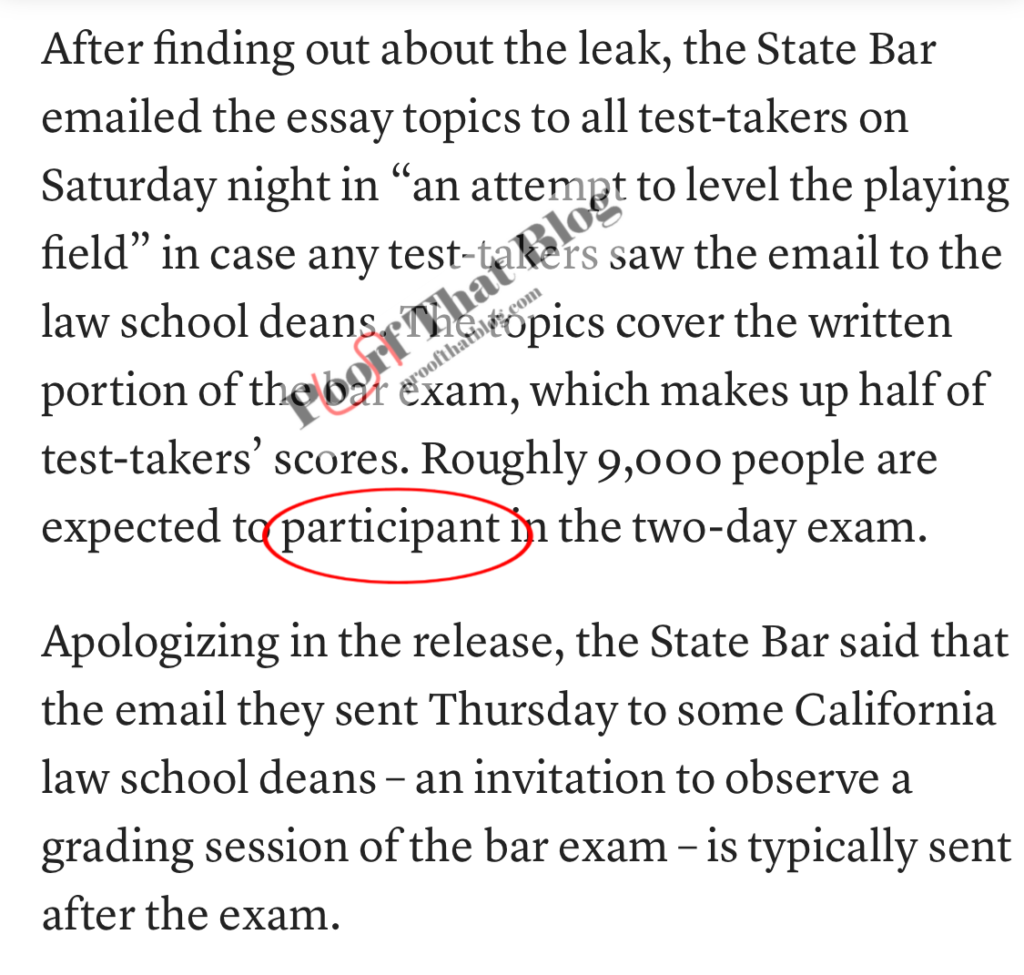
This is an example of words that are easily confused by spell check. The correct word here should be “participate,” not “participant.”

This was a category in some education sessions I recently attended. The one thing going for it was that they were consistent. It was spelled “Begginer” throughout all the material. While I loved the categories so I knew if something would be too far above my head for me to learn anything, I also love when someone proofreads the material going out to attendees.
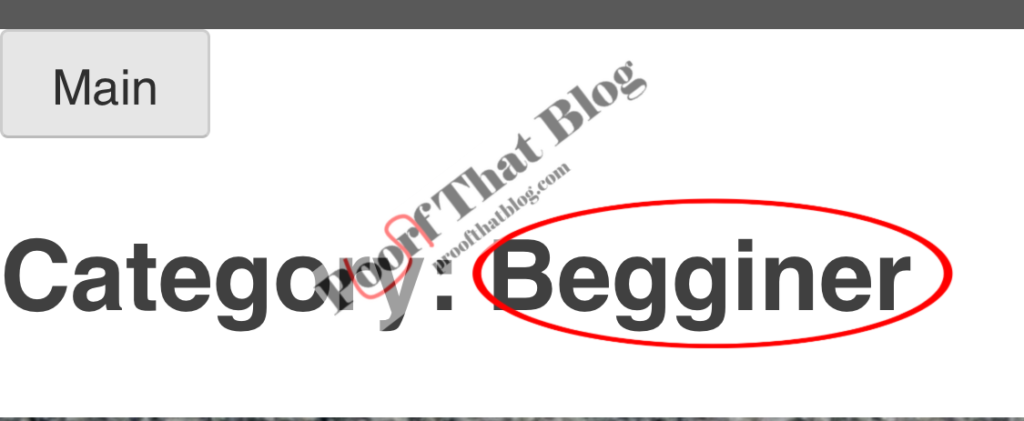
It’s time for “Confusing Words of the Week” where I take a set of two or three words that get confused and give you definitions and try to give you a memory trick to help you remember when to use which word. If you have words that confuse you, use the Ask PTB tab on the website or send an email to [email protected] and they may appear here soon!

This week’s words are:
Memory tips:
This part of a menu from a local restaurant caught my eye because first, I love jalapenos so I notice those right away and, second, it is spelled differently in two places in the same paragraph. Worse yet, the second one is spelled so correctly it even includes the tilde.
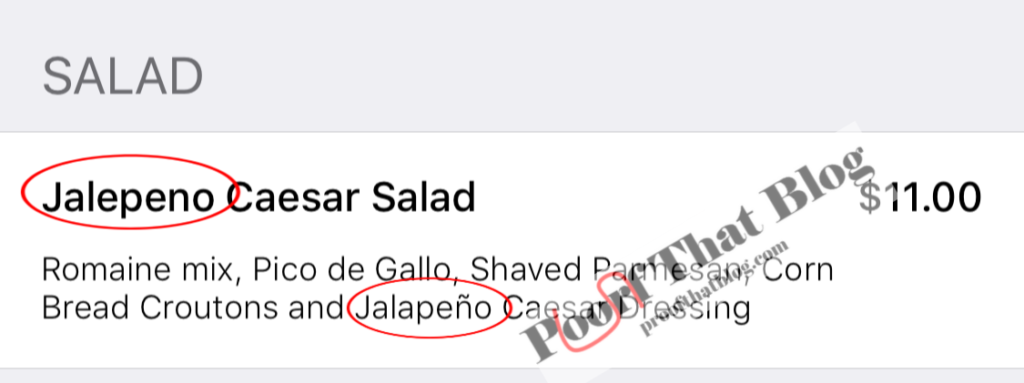
My sister found this one on the local Facebook Marketplace. Obviously, the word should be “intact,” which, according to Merriam-Webster online dictionary, means “untouched especially by anything that harms or diminishes.”

It’s time for a review of recent blog posts just in case you’ve missed them. We call this Replay Thursday. Here are posts from Proof That proofreading blog and 60 Is The New 60 blog during the past week.
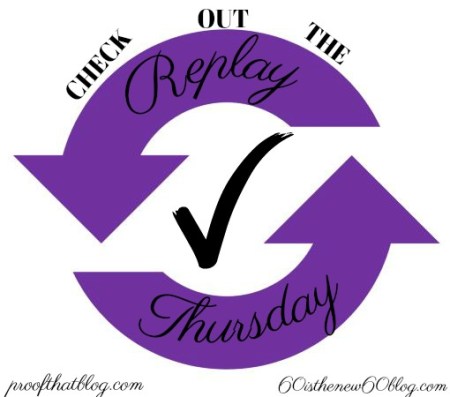
Today is the day seven years ago that I thought I might have something to share with others tasked with proofreading and Proof That blog was born. Since that day, there have been 810 posts, 150,000 views, and 116 followers. Thank you to all who read the posts faithfully and encourage me to continue. It is truly a passion project for me. The only gift I want for this 7th blogiversary is that you share the blog with others who might find some helpful information here. Since Facebook has a tendency to get wonky from time to time, you will be sure not to miss a post if you subscribe to get notification by email when new posts appear. Find the “Subscribe to Blog Via Email” in the upper right-hand corner, enter your email address, and click “Subscribe.” It’s as easy as that!
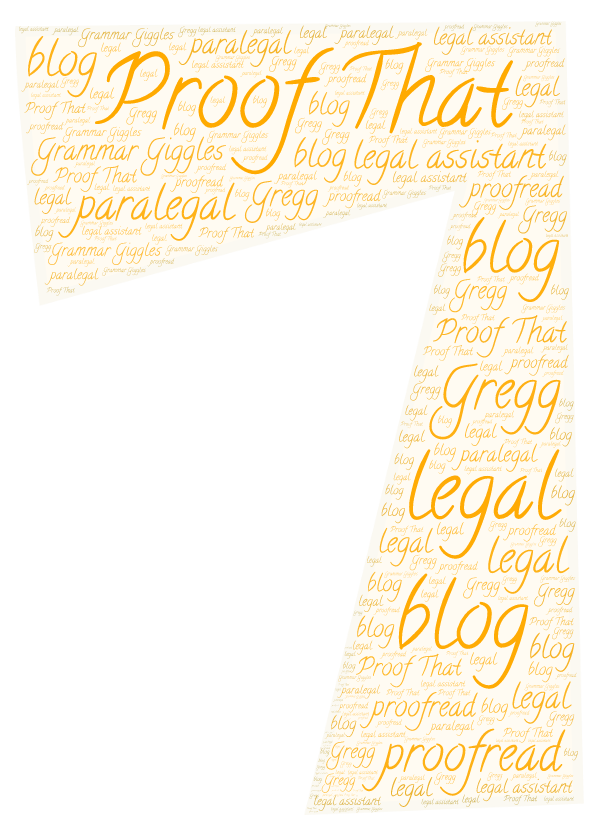
I plan to continue with the Grammar Giggles, Confusing Words of the Week, and blog posts. If there is something that would be helpful for you, please let me know. If you have something to share with my readers and would like to guest post, please let me know that too. And remember that there is a Proof That Facebook page as well!
I am definitely blessed by this blogging experience and I expect it to continue as long as there are grammar errors in the world (so, like, forever!). Don’t forget if you can snap a picture of a Grammar Giggle and send that to me, along with a description of where you took the picture, it could show up in a future post. Just send it to [email protected].
I know I haven’t been consistent in my blog posts, but sometimes life gets in the way. Thank you for not giving up on me! Here’s to another seven years of Proof That proofreading blog!
A reader sent this one to me. I even researched it because I know that some zucchini has fuzz, but nothing in the recipe has anything to do with removing any fuzz and the general description of zucchini says nothing about fuzz. I’m pretty sure they meant to say “fuss.”

It’s time for a review of recent blog posts just in case you’ve missed them. We call this Replay Thursday. Here are posts from Proof That proofreading blog and 60 Is The New 60 blog during the past week.

It is really important–particularly in email–to pay attention to how someone may read what you’re writing. Especially because they can’t see you and read your body language. One particular incident that I’ve seen is using “resent.” Do you mean “resent” or do you mean “re-sent”? The reader can’t tell from your body language what your intent is, so it is important to read your emails as someone else might read them.

If you think an email could be misconstrued, rewrite it. Personally, I think it is far more important that the information is accurate, things are spelled correctly, and everything is grammatically correct than that you impressed them with vocabulary.
Sometimes when people misunderstand your email, they fire back something in self-defense that they normally wouldn’t, which leaves you wondering what in the world is wrong with them.
Back in the “olden” days (before email), you had to write out a letter or note with what you wanted to say. Then you had to put a stamp on it, walk it to your mailbox or the post office, and wait for a response. That process gave you a little more time to draft, redraft, and draft again the perfect message. Today, we are moving so fast and trying to get so much done that we seldom slow down and really think about what we’re doing. Here are a few other things that come up in email that are completely avoidable:
So drop the “lawyerspeak” and spend more of your energy making sure the facts are correct, things are spelled correctly, and your intent is understood. Email is certainly a valuable tool, but it is easily misused so be careful!